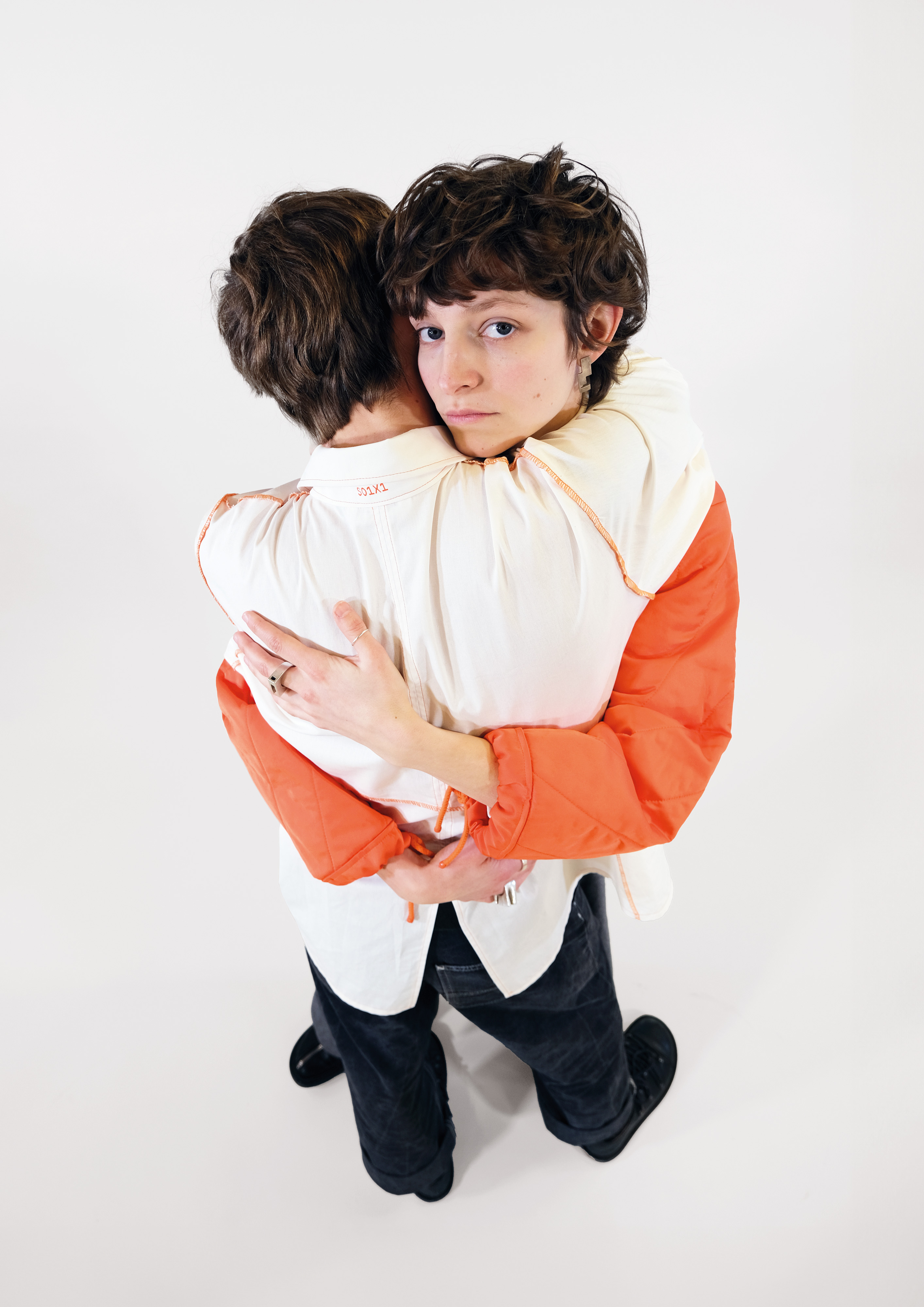2024

In the 18th century, ragpickers collected old clothes and microorganisms broke them down to produce paper and cardboard in regional paper mills. How can regional material cycles for textiles be closed again today through biological processes?
The Break-up Lab is dedicated to the end of an emotional relationship: that between the textile and its previous owners. In collaboration with local research institutes and textile recycling actors, the lab develops sustainable recycling processes for used textiles with a polyester fiber component. Today, polyester fibers are already present in two out of three garments. Moreover, significant amounts of energy and non-renewable resources are consumed in their production. Even the use of polyester textiles must be critically examined, as up to a hundred thousand microfibers can be released from a garment during one washing cycle. As so-called microplastics, these enter ecosystems worldwide. Nevertheless, the global demand for synthetic textiles persists, contributing to the rapid accumulation of discarded textiles. The proliferation of fiber blends presents a significant obstacle to current textile recycling technologies.

Through the enzyme PHL7, polyester fibers can be rapidly broken down in a biotechnological process, separating contaminants from the textile. Afterwards, bacteria metabolize the reclaimed components into biodegradable plastic (PHA).
The Break-up Lab produces yarns and add-ons from PHA, which initiate resource-efficient fiber-to-fiber recycling technologies. Two circular garments demonstrate how regional material cycles of old textiles can be closed through biotechnological processes in the future. The shirt's pattern construction is linked by PHA seams, allowing the cotton modules to enzymatically detach and be reassembled into an individual garment by the Break-up Lab. Additionally, the bioplastic can be utilized to temporarily enhance textiles. Furthermore, a jacket made entirely from PHA showcases the aesthetic, economic, and ecological potentials of the biopolymer.

Moreover, in alignment with EU directives regarding old textiles, the Break-up Lab is formulating comprehensive strategies for their implementation. This involves suggesting a label that complements the Digital Product Passport by incorporating a recycling code. The aim is to assist consumers in directing textiles to the appropriate material cycle after use. Furthermore, due to the European-wide need for a unified and decentralized infrastructure for collecting old clothes, the Break-up Lab is developing the MEC collection system. Through this system, consumers can undertake the pre-sorting of their used textiles themselves. The transparent infrastructure for collecting discarded clothing also fosters awareness regarding fiber compositions and informs about the further life cycle of textiles.


